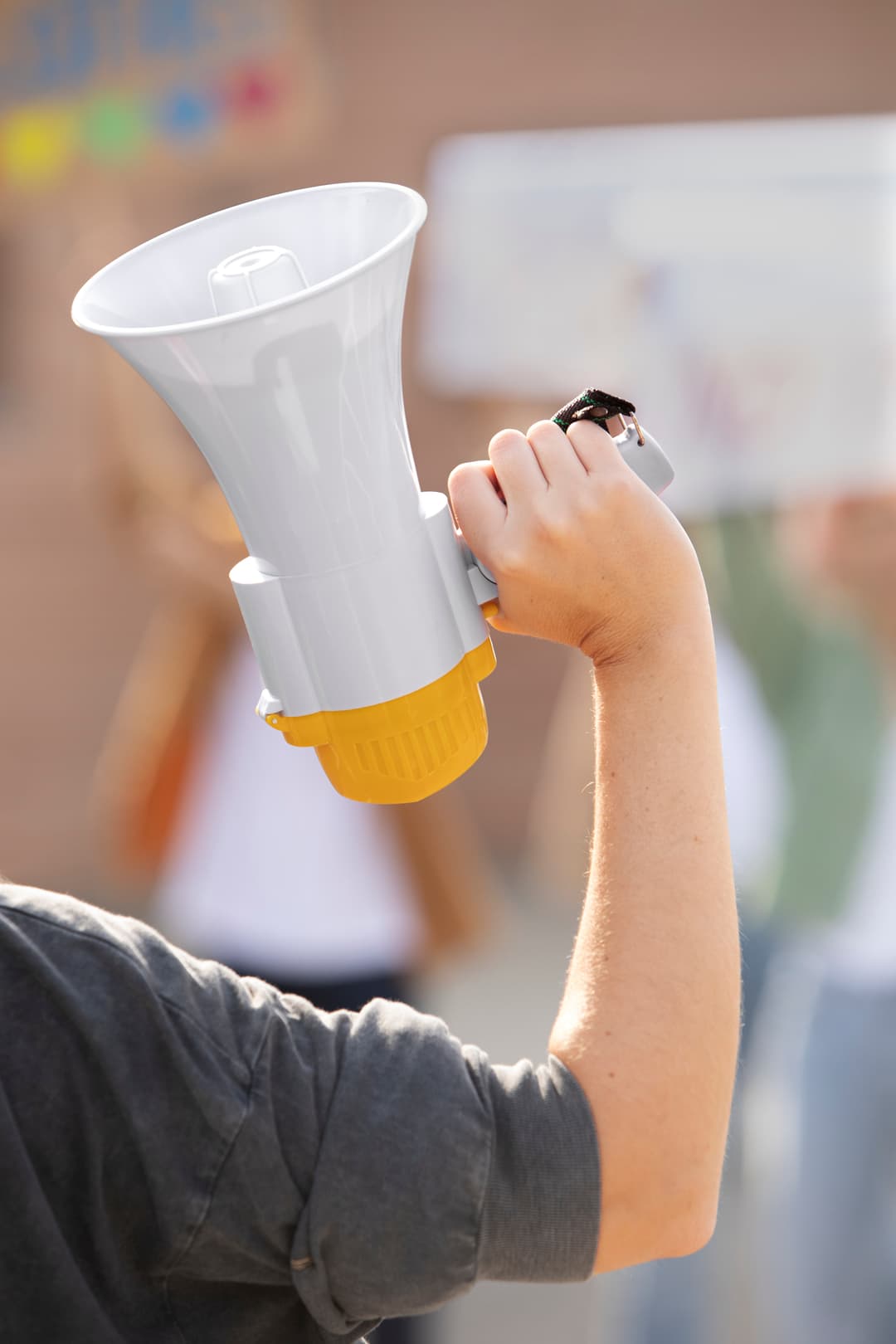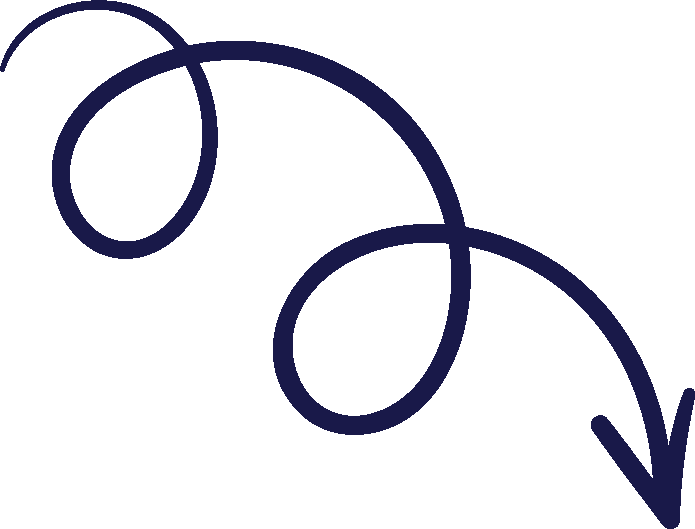OPTIMAS x NeSy 2025 Hackathon
What you'll build & how it works
Important Update: The Approach submission deadline has been moved from October 7, 2025 - 23:59 (AoE) to October 21, 2025 - 23:59 (AoE).
NeSy 2025 Neuro-Symbolic Reasoning Hackathon
Build methods that combine ontologies/knowledge graphs with LLMs/ML to produce verifiable answers, impact traces, and machine-usable schema updates. Participate solo or as a team (1-5 members). Enter one, two, or all three tracks. All tracks use the same ontology and seed data.
This is a multi week event: we open registration and answer questions at NeSy, and the work continues online after the conference.
Register as an individual today. Team creation & invites will open soon from your dashboard (we'll announce it in #announcements).
Need help fast? Start with the Hackathon Assistant for quick technical answers (ontology, data, evaluation). It also covers rules & timeline.
For complex issues, use Discord #hackathon-tech-support or email ask@optimas.ai

What This Is?
Modern systems combine symbolic structure (ontologies/knowledge graphs) with statistical learning (LLMs/ML). This hackathon asks you to build methods that:
- Track 1: Natural-Language → Ontology Querying: Turn NL questions into valid ontology-aware plans/traversals and return grounded answers with a reasoning path and evidence (IDs of nodes/edges used). Handle cumulative intent and apply guard-rails so the method never invents classes/relations.
- Track 2: Causal Reasoning for Disruptions (Deterministic ± Probabilistic) From disruption events (e.g., port closures, breakdowns, weather), compute downstream impact as a readable impact tree with explanations; optionally include confidence/probabilities (transparent math). Add one reverse-diagnosis example (plausible root causes).
- Track 3: Ontology Evolution from Integration Data: Map incoming fields (JSON/CSV), detect gaps, and propose machine-usable patch JSON with placement (parent/extension), datatypes/cardinalities, relation anchors, rationale + confidence, and rollback/versioning notes
We provide a public ontology, seed data, diagrams, and schema artifacts so you can focus on reasoning quality, safety, and clarity. Finalists must be able to run models locally in an air-gapped environment; calls to public LLMs are out of scope.
Not sure which challenge fits? Ask the Assistant
Who Should Participate?
Professionals & Students
Professionals & Students in AI/ML, NLP, Knowledge graphs, reasoning, data/graph engineering, operations research.
1-5 Members
Teams of one to five members collaborate, innovate, and compete together. (Team setup will be live soon; solo entries are always allowed.)
Phase 1: Design First
Phase One focuses on a design-first approach, without requiring production code.
Phase 2: Finalist
Phase Two challenges finalists to develop and demonstrate a functional prototype.
How It Works?
Phase 1 - Approach (Online)
You submit: a 3-5 page PDF explaining your method for one track, plus worked examples and prompts/DSL/pseudocode (optional ≤3-min video).
We evaluate: ontology-grounded reasoning, AI/LLM approach & safety, feasibility, clarity, originality.
Outcome: Top 5 finalists per track (15 total) selected.
Phase 2 - Build (Finalists, Online)
You deliver: Code in a public repo, runnable demo/notebook, evaluation results, 5-7 min video, one-pager.
We judge: End-to-end functionality, rigor, clarity.
Outcome: Grand-prize winners announced after the build window.
Key Date (AoE - Anywhere On Earth)
September 9, 2025
Approach opens (launched at NeSy + online)
October 21, 2025 - 23:59
Approach due
October 22-24, 2025
Approach judging
October 25, 2025
Finalists announced (Top 5 per track) via webinar
October 27 - November 24, 2025 - 23:59
Build phase (finalists)
December 2, 2025
Winner announced
Special Prizes
All finalists and the winner receive certificates and a spotlight on our site/socials. Outstanding teams may be invited for continued collaboration.
$1,000 each
5 x Finalist Awards per track
(Selected from Approach submissions: 15 total)

$10,000 Grand Prize per track
(awarded after Build phase: 3 total)
Tracks (Choose One, Two or All Three Tracks.)
Full details live under Tracks.
 TRACK 1
TRACK 1Natural-Language → Ontology Querying
Convert NL questions into valid ontology-aware plans; return the answer + reasoning path + evidence (node/edge IDs); demonstrate guard-rails and cumulative intent handling.
 TRACK 2
TRACK 2Causal Reasoning for Disruptions (Deterministic ± Probabilistic)
From disruption events, output an impact tree with explanations; optionally include confidence composition; add one reverse-diagnosis example (plausible causes with justification).
 TRACK 3
TRACK 3Ontology Evolution from Integration Data
Propose a machine-usable patch JSON with placement (parent/extension), datatypes/cardinalities, relation anchors, rationale + confidence, and rollback/versioning notes.
What We Provide
Ontology docs (Markdown): classes, properties, relations, constraints
Diagrams: UML SVG + Mermaid
StarUML model (.mdj): reference only (you do not need StarUML)
Generated schema artifacts: JSONL (1 object/line) + ZIP of per-concept files
Seed data: realistic CSV for queries & examples
Examples: sample NL queries & integration snippets
Repository: https://github.com/optimas-ai/nesy2025-hackathon
Docs landing: /Resources
Discord: Join Server
What To Submit?
Team Size: 1-5
Language: English
1. Approach PDF (3-5 pages)
Framing, method (ontology + LLMs), system diagram, safety/privacy, feasibility & build plan
2. Worked examples (≥3)
Input → reasoning path (classes/relations) → expected output.
3. Prompts / Pseudocode / Rules
Core prompts, grammar/DSL (if any), templates/constraints.
4. Track-specific artifacts:
T1: IR/plan (DSL/graph pattern/SQL-like), evidence node/edge IDs, ambiguity strategy, guard-rails
T2: Impact-tree format + confidence math (if used) + one reverse-diagnosis example.
T3: Patch JSON schema with anchors, placement (parent/extension), datatypes/cardinalities, rationale + confidence, and rollback/versioning note5. Repo link
optional in Phase 1; required for finalists
6. Short Video
optional, ≤3 min
Judging Snapshot
A panel of researchers/practitioners selects the Top 5 finalists.
30%
Ontology Reasoning Rigor
25%
AI/LLM Technique & Safety
25%
Feasibility & Build Plan
10%
Originality
10%
Clarity
View More

Rules
Eligibility: Individuals 18+, worldwide where permitted by law.
Original work: Approaches must be created for this hackathon.
Data & Privacy: No personal/sensitive data; cite and license any public data used
Models/LLMs: Phase-1 (Approach): hosted or local OK with full disclosure (model names/versions, prompts/system instructions, where inference runs). Phase-2 (finalists): must run locally/offline with an air-gapped option—no outbound calls to third-party APIs during inference.
Open source: Encouraged (MIT/Apache-2.0 recommended).
IP: You own your code and methods. By submitting, you grant OPTIMAS a non-exclusive license to evaluate, demo, and display for judging/education. Include a LICENSE file (MIT/Apache-2.0/BSD recommended).
Code of Conduct: Be respectful; harassment or misconduct leads to disqualification.
Need Help?
Start with the Hackathon Assistant — quick answers about rules, timeline, tracks, ontology/data, examples, and evaluation formats.
- 1. Try the Assistant first. It covers common tech questions (ontology schema, examples, evaluation formats, rules & timeline).
- 2. Technical help:
Public (searchable): post in Discord #hackathon-tech-support and pick the right tag (track-1/2/3, ontology, data, evaluations).
Private: if your question must stay private (e.g., contains sensitive details, embargoed results, or cannot be shared publicly), email ask@optimas.ai - 3. Accounts & teams: For now, register as an Individual. Team tools (create/join/invite) go live soon. Once the team UI is live you'll attach your roster before the Approach deadline.
Privacy note: Don't share secrets (API keys, tokens, internal logs, PII). If in doubt, email ask@optimas.ai instead of posting.

Getting Started
- 01.
Register (Individual for now). Teams (1-5) soon —you'll be able to create/join then.
- 02.
Join Discord for announcements, office hours, and team-forming.
- 03.
Review Resources (ontology, diagrams, schema, seed data, and examples)
- 04.
Pick one, two or three tracks and draft your Approach
- 05.
Write ≥3 worked examples with explicit reasoning paths (per your track).
- 06.
Prepare your Approach PDF (3-5 pages) — method (ontology + LLM approach & safety), system diagram, feasibility & build plan; include prompts/DSL/pseudocode; optional ≤ 3-min video.
- 07.
Submit Approach by Oct 21, 2025 — 23:59 AoE (PDF + optional video; repo link optional now, required for finalists).
- 08.
Tune in October 25, 2025 (webinar + Discord) for finalist announcements. If selected, proceed to Phase 2 — Build (October 27 - November 24, 2025 - 23:59).
Quick Facts
Team Size::
Solo/1-5 Member(s)
Cost:
Free
Prizes:
$45K in Total + Job Opportunity
Finalists: Top 5 per track announced October 25, 2025
Build window(finalists): October 27 - November 24, 2025 - 23:59
Winners announced: December 2, 2025